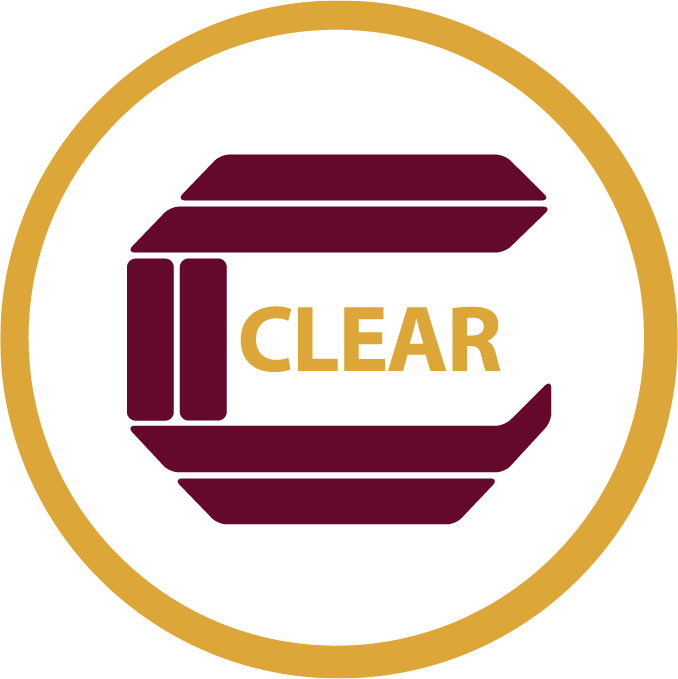Winter 2020, Volume 30, No.2
- Abstracts and Updates, by George Gray- In Abstracts and Updates George Gray describes a new edition of a 20-chapter volume covering assessment topics in health professions education, a set of articles on standard setting published in Educational Measurement: Issues and Practice, and articles on an enhancement to a job analysis for a medical maintenance of certification examination and proctoring for internet-based testing. Taken together, George Gray points us to much valuable information for those that are new to credentialing as well as for those who are experienced credentialing hands.
- Legal Beat, by Dale Atkinson- Dale Atkinson presents a legal take on a question that has been debated for years—for how long do test results count? Consider the following: Once candidates have passed the licensure examination and meet other statutory criteria to licensure eligibility, they generally do not have to reestablish entry-level competence through a testing process. Continued competence is demonstrated through ongoing practice and continuing education requirements as part of licensure renewal. That said, if an applicant has never practiced and has not completed continuing education because they are not licensed, for how long should their entry-level competence examination results be considered as valid?
- Recent CLEAR Quick Poll Results, by Carla Caro- Carla Caro summarizes the timely results of a Quick Poll survey conducted by CLEAR in July 2020 in the midst of the COVID-19 pandemic. When it became evident that the pandemic was going to be disrupting the work of regulatory bodies, licensure/registration authorities, and certification bodies for more than the short term, the Quick Poll was implemented to get a snapshot of responses to the situation. The poll was designed to assess how regulators were responding to the pandemic, what changes they had implemented, and what they anticipated for the future. Carla Caro summarizes the types of testing changes implemented, including postponing and modifying examination formats, transitioning between computer-based testing and paper-and-pencil testing, and extending testing windows and testing locations. In sum, regulatory bodies have shifted focus, changed policies and procedures, and met the challenges in several ways, some of which may permanently alter the landscape.
- Advancing Alignment Arguments in Supporting Scoring Interpretation and Use Claims of Credentialing Exams, by Lisa M. Abrams, Katherine A. Reynolds, and Michael O’Leary- Lisa Abrams and her co-authors present an approach to capitalizing on a powerful source of content validity evidence for credentialing examinations—one borrowed from educational achievement testing. The authors provide two different case studies to illustrate how content alignment studies might increase public confidence in the appropriateness of credentialing exam content. Moreover, the authors believe that there is much to be learned from educational K-12 testing, where content standards are more clearly explicated and technical documentation and reporting occur in ways that support the interpretation and use validity argument at all stages of the testing program.
- One Organization’s Journey to Implement an Innovative Competency Assessment Platform: The NBCOT Navigator Five Years On, by Margaret Bent, Sarah Carroll, and Paul Grace- Margaret Bent and colleagues present a saga about one organization’s near decade-long development and implementation of an innovative continuing competence assessment platform built on gaming technology. Their organization was confronted with the everlasting need—designing a recredentialing program that engages practitioners in a continuous cycle of learning and assessment. The example they provide, including numerous related challenges and solutions, may provide a basis for others to consider. The authors go on to state that building such an assessment platform requires a major initial and ongoing investment of time and other resources, but the benefits may outweigh the costs.
Click here to download the full issue (Members Only)
Nonmembers may purchase individual issues for $15 US.
Design and composition of CLEAR Exam Review is underwritten by Prometric, a leading provider of technology-enabled testing and assessment solutions to many of the world’s most recognized licensing and certification organizations. Learn more at Prometric.com.
